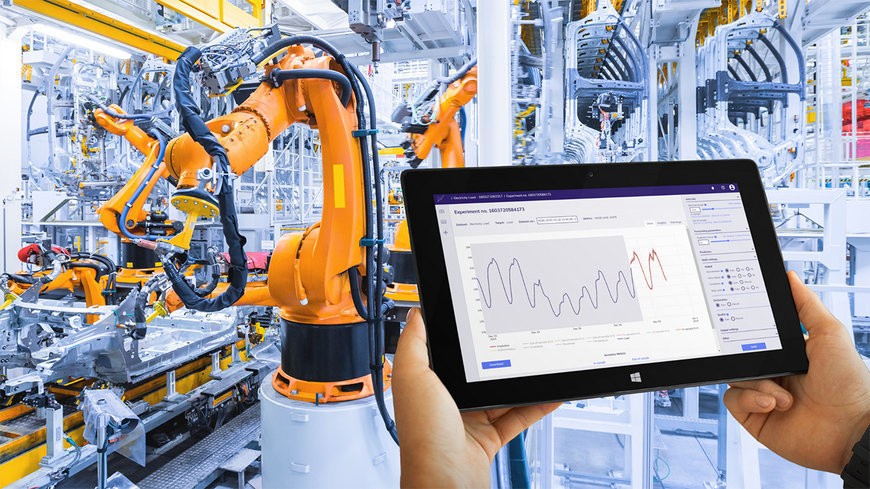The proper functioning of HVAC systems is crucial for maintaining comfort and air quality in buildings. However, these systems are not immune to failures, which can cause inconvenience and discomfort. Understanding the failures in HVAC systems is essential for preventing disruptions and ensuring efficient operation. This article provides insights into common issues and solutions for HVAC system failures, helping industry professionals maintain system reliability.

What Are HVAC Systems?
HVAC stands for Heating, Ventilation, and Air Conditioning. These systems modulate indoor temperature and air quality, providing a comfortable environment in various settings, including homes, offices, and factories.
Why Do HVAC Failures Occur?
Failures in HVAC systems can arise from various factors, including user handling, material wear and tear, and environmental conditions. Recognizing these can help in proactive maintenance and avoidance of system breakdowns.
Poor Maintenance Practices
Lack of regular and thorough maintenance can lead to component degradation and eventual system failure. Scheduling routine checks and troubleshooting can prevent many failures.
Material and Component Wear
Over time, the mechanical parts of HVAC systems may suffer wear and tear, which can result in malfunction. Addressing wear and utilizing quality components can extend the system’s lifespan.
Environmental Stress
Environmental stressors such as dust, moisture, and temperature fluctuations impact HVAC performance. Learn more about environmental stress and preventive measures.
Common Failures in HVAC Systems
Sensors and Controls Failure
Often, failures in HVAC systems stem from faulty sensors and controls. These may result from calibration issues or physical damage. Proper calibration and periodic sensor validation can avert these issues. Explore more about sensor failure.
Refrigerant Leaks
Refrigerant leaks not only decrease cooling efficiency but can also damage the compressor if left unchecked. Regular inspection can help identify and fix leaks early.
Mechanical Issues
Mechanical issues, such as broken belts or worn bearings, disrupt system operations. Regular replacement and maintenance of mechanical components can avoid these failures.
Preventing HVAC System Failures
Regular Maintenance Checks
Implementing a structured maintenance schedule is critical for ensuring the longevity of HVAC systems. Checklists can aid in systematic inspections.
Using Quality Components
Investing in high-quality parts for repairs and replacements can significantly improve system resilience and reduce downtime.
Employee Training
Ensuring that staff handling HVAC systems are well-trained can minimize errors and improve system upkeep efficiency.
Moisture Management
Managing moisture levels is crucial to prevent corrosion and electrical malfunctions. Delve deeper into moisture management.
Predictive Maintenance
Implementing predictive maintenance strategies can help foresee potential failures and address them before they cause significant issues. Discover more about the ROI of predictive maintenance.
The Role of Technology in Managing HVAC Failures
Advanced monitoring tools and software can enhance HVAC systems performance by providing real-time data and analysis.
Industry Examples of HVAC System Failures
Analyzing past failure incidents can provide valuable insights for preventive measures and strategies.
Future of HVAC Systems
Innovations and Trends
Continuous advancements in technology are shaping the future of HVAC systems towards more efficient and reliable solutions.
Sustainable Practices
Adopting sustainable and eco-friendly practices plays a vital role in reducing the environmental impact of HVAC systems.
Conclusion
Understanding the failures in HVAC systems is vital for their effective maintenance and operation. By adopting the right strategies and technologies, industry professionals can enhance system reliability and efficiency.

FAQ
1. What is the most common failure in HVAC systems?
Common failures include refrigerant leaks, sensor malfunctions, and mechanical issues.
2. How often should HVAC systems be maintained?
It is advisable to conduct maintenance checks bi-annually to ensure optimal performance.
3. Can technology help prevent HVAC failures?
Yes, integrating modern technology can provide real-time monitoring and predictive insights to prevent potential failures.
For more information on equipment failure, visit this external resource.
This article contains affiliate links. We may earn a commission at no extra cost to you.
